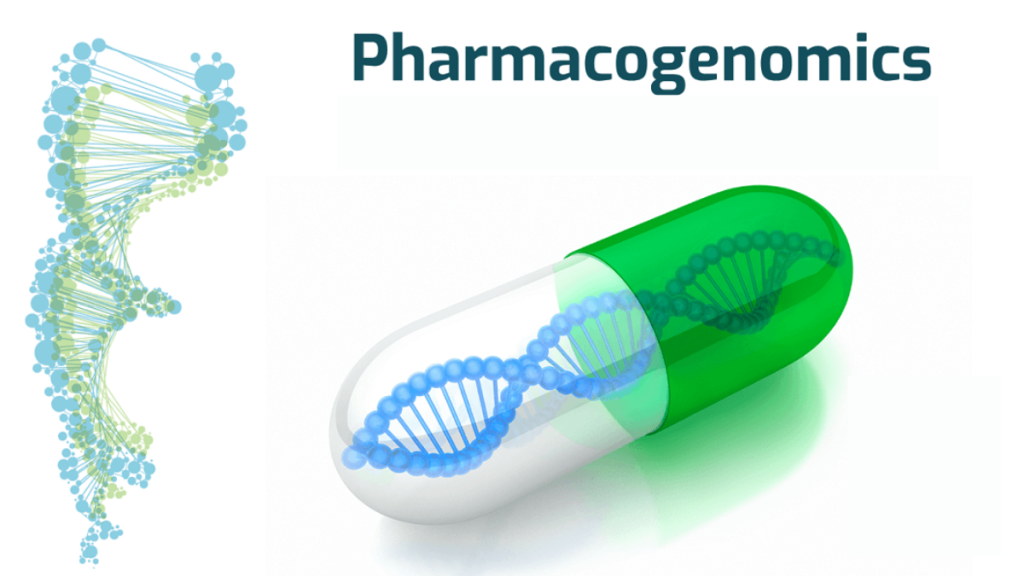Pharmacogenomics is basically the study of genes that impacts an individual’s response to drugs. The field combines genomics and pharmacology to develop safe and effective medications, which can be described depending on an individual’s genetic makeup.
Most of the available drugs existing today are one-size-fits-all. Though they work similarly for everyone. It might be hard to predict who can benefit from a certain medication, who will experience a negative side effect, and who won’t respond completely.
Adverse drug reaction is a significant cause of deaths and hospitalizations in the US. And researchers are learning how variants in genes impact your body’s response to medications.
Those genetic differences predict whether medications will be effective for certain individuals and which dose can help prevent drug reactions.
How It Works
Drugs often interact with your body in several ways, based on how where the drugs act in the body and how you take drugs. After taking drugs, your body will have to break them down as well as reach its intended area. Your DNA may affect a few steps in this process to influence how you respond to drugs. Perfect examples of these are:
- Targeted drug development
- Drug breakdown
- Drug uptake
- Drug receptors
How Pharmacogenomics Vary from Genetic Testing
Genetic testing is a kind of testing which searches for a specific gene. For instance, a test might look for BRCA2 and BRCA1 genes that are often linked to higher ovarian and breast cancer risks. The outcome of genetic testing may prompt risk reduction or prevention. These may include preventive treatments, lifestyle changes, and frequent cancer screening.
Pharmacogenomics is a kind of genetic testing. It normally looks for small variations in genes. Those small variations can affect whether genes deactivate or activate specific drugs. Test results help doctors choose the most effective and safest dose and drug.
Pharmacogenomics Research
Researchers are researching pharmacogenomics on two different levels. These include implementation and discovery. Implementation research tries to look for ways to use pharmacogenomics discovery research in a clinic.
In contrast, pharmacogenomics discovery research often seeks to look for new genetic associations affecting patients’ responses to their medications.
What It Means to Your Health
Adverse reaction to drugs is an unintended and unwanted effects of medications. Each year, there are around 1.34 million emergency visits because of adverse reactions to drugs.
Pharmacogenomics testing may help to decrease those adverse impacts by helping every healthcare provider have more details about how their patients react to a certain medication. This helps adjust the type of medications or dosage they decide to describe.
Pharmacogenomics also supports the repurposing of existing drugs and the development of new medications, testing them in patients for whom they can work effectively and be safe.
Concluding Remarks!
Pharmacogenomics is still a new field, and its current use is quite limited, especially when the potential applications for the future are put into consideration.
Fortunately, extensive research is being carried out currently to allow for the production of products made for specific people with unique genetic makeups.




